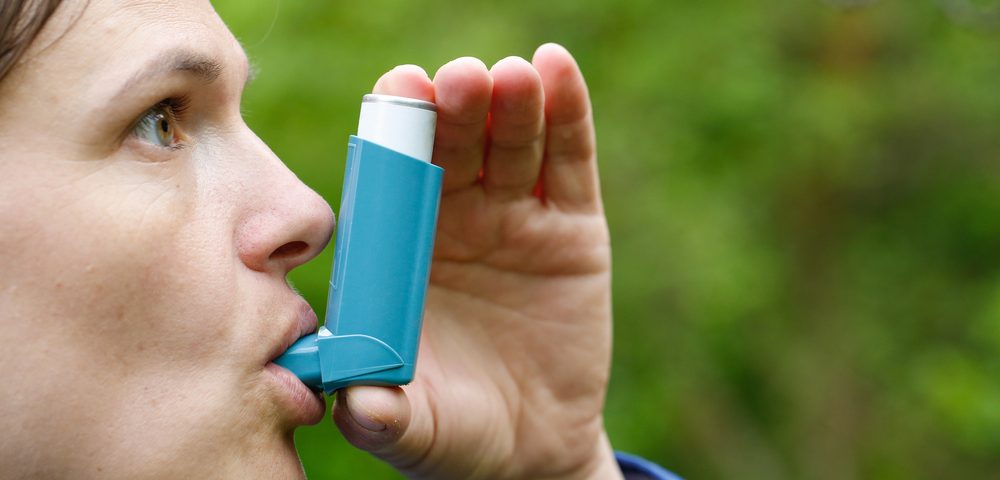Recent research shows that non-cystic fibrosis (CF) bronchiectasis patients responded well to airway maintenance therapy using Aerobika, a drug-free device developed by Monaghan Medical.
The study reporting the findings, “Non-Cystic Fibrosis Bronchiectasis: Regional Abnormalities and Response to Airway Clearance Therapy Using Pulmonary Functional Magnetic Resonance Imaging,” was published in the journal Academic Radiology.
Aerobika is a drug-free, hand-held device based on the principles of oscillatory positive expiratory pressure. The device opens weak or collapsed airways to mobilize and assist mucociliary clearance to the upper airways where it can be coughed out.
In the study, researchers evaluated the effectiveness of Aerobika in 15 non-CF bronchiectasis patients and 15 age-matched healthy volunteers. All study participants underwent spirometry tests, plethysmography, computed tomography (CT), and functional magnetic resonance imaging (MRI).
Bronchiectasis patients also completed the St. George’s respiratory questionnaire, the patient evaluation questionnaire (PEQ), and a six-minute walk test (6MWT, a measure of exercise capacity).
After three weeks of using the Aerobika device, a number of bronchiectasis patients showed significant improvements in ventilation function, the researchers reported.
“This most recent study just adds to the mounting clinical evidence that our Aerobika device is effective for patients with bronchiectasis, COPD [chronic obstructive pulmonary disease], and related respiratory disease,” Dominic Coppolo, vice president of clinical strategy and development at Monaghan Medical, said in a news release.
“We are always pleased to see real-world findings that demonstrate the efficacy of our Aerobika device in clearing mucus to improve lung function in patients with chronic bronchial ailments as well as high-risk COPD patients,” he said.
Another study examining clinical information from 810 COPD patients, of whom 405 were treated with the Aerobika device, showed that it induced a clinically significant reduction in exacerbations after 30 days of treatment when used as an add-on therapy to the usual COPD medication.
Bronchiectasis, a chronic airway disease, is characterized by irreversible dilation of the airways leading to pooling and poor clearance of mucus in affected regions. The result is typically a vicious cycle of decline, resulting in reduced air exchange in the smaller airways.
Evidence-based treatment and management for patients with bronchiectasis remain challenging, and the overall goal of treatment is to improve quality of life by reducing cough, sputum volume, sputum purulence, and the number of chest infections.
There is considerable overlap between bronchiectasis and other chronic airway diseases, such as CF and COPD, with studies showing that up to 50 percent of patients with COPD have associated bronchiectasis, and that these patients have higher rates of exacerbation and worse outcomes. The rate of overlap may be even higher, according to a recent study presented at the 2016 CHEST Annual Meeting in October, showing that 92.7 percent of COPD patients who had experienced more than one exacerbation in the previous 12 months also had bronchiectasis.
The Aerobika device has so far shown clinical benefits in patients with bronchiectasis, COPD, and other related respiratory diseases.

